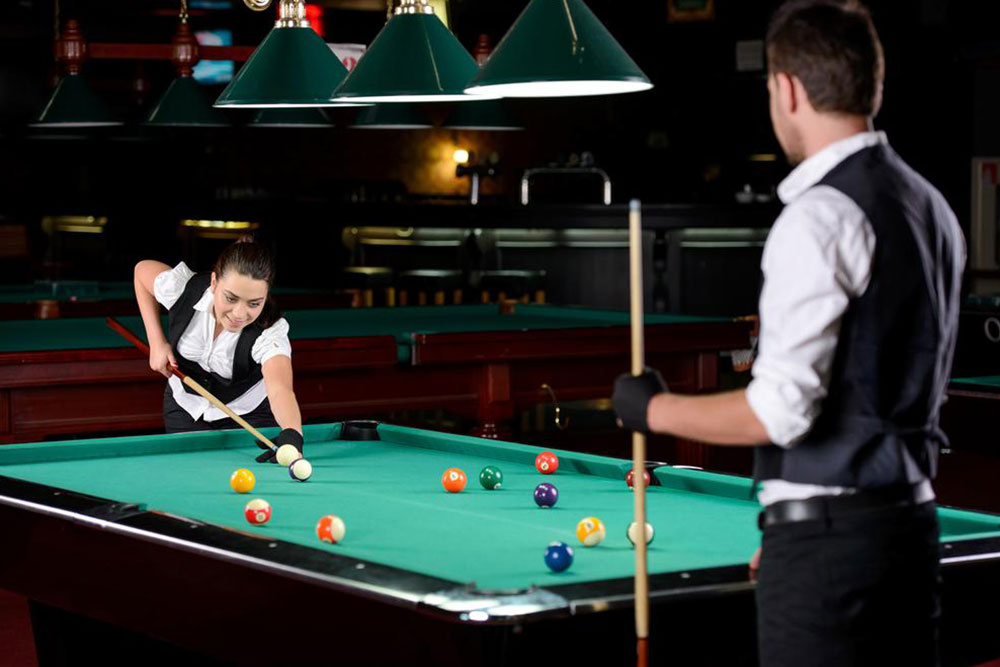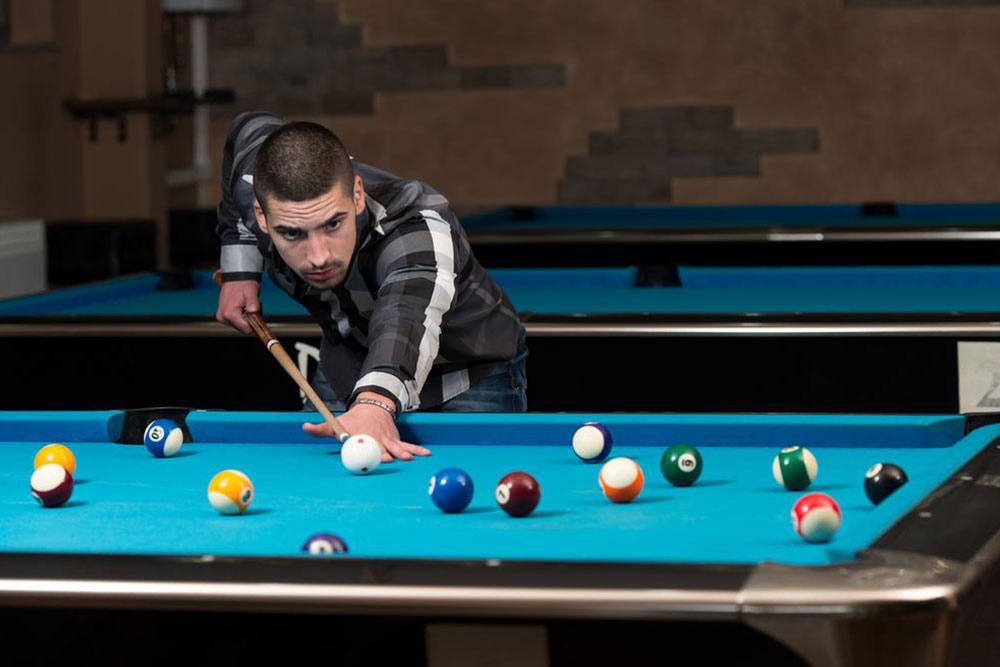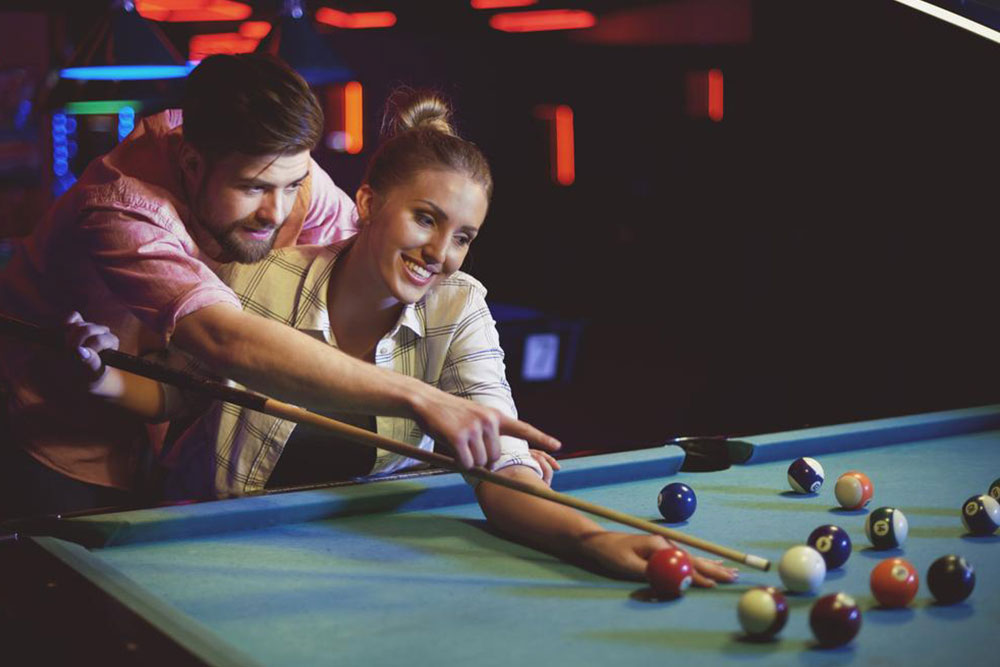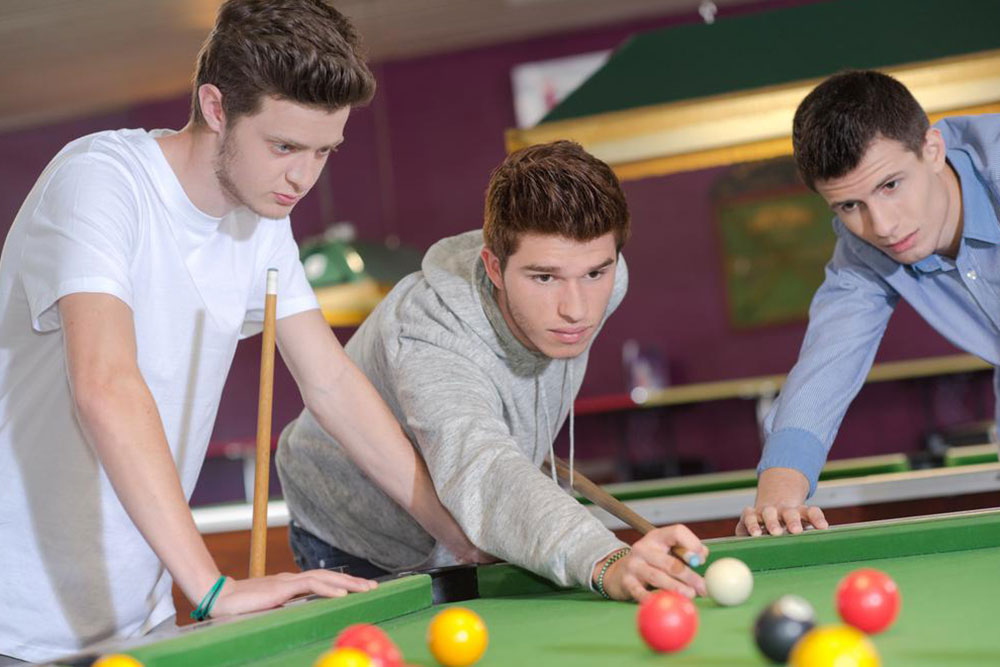Understanding Cue Sports: Are They Just Recreation or Genuine Athletic Competitions?
This article explores whether cue sports like billiards, pool, and snooker are merely recreational activities or genuine athletic disciplines. It examines their origins, cultural significance, the skills involved, and the ongoing efforts to gain recognition as official sports. With detailed insights into their competitive nature, mental demands, and global popularity, the piece argues that cue sports deserve acknowledgment as legitimate sports alongside traditional athletic competitions.

Understanding Cue Sports: Are They Just Recreation or Genuine Athletic Competitions?
Cue sports have long been a subject of debate within sports communities, cultural circles, and among enthusiasts. While traditionally seen as leisurely activities enjoyed in social settings, recent developments have started to challenge this perception, positioning cue sports as genuine athletic disciplines that demand skill, precision, and strategic thinking. To understand the true nature of cue sports like billiards, pool, and snooker, it is essential to examine their historical background, cultural significance, athletic requirements, and the evolving recognition they are receiving in the international sporting arena.
Originating from leisure activities that focus on social interaction, cue sports have historically been associated with informal settings—bars, clubs, and private gatherings. These games are often played casually, with players enjoying the social aspect as much as competing. The casual, relaxed atmosphere contributed to the perception that cue sports are non-competitive, recreational pastimes rather than serious sports requiring rigorous training and physical exertion.
Additionally, habits such as smoking and alcohol consumption during matches further reinforced their reputation as social leisure activities rather than athletic pursuits. This cultural backdrop shaped societal attitudes, leading many critics to dismiss cue sports as less deserving of recognition within the traditional sports domain.
However, over the past few decades, the landscape has been changing. Players worldwide have begun approaching cue sports more professionally, emphasizing discipline, training, and strategic mastery. This shift reflects a broader trend of recognizing mental agility and skill as athletic qualities, similar to those seen in sports like chess, archery, or darts.
Historically, countries such as Britain have played a pivotal role in this transformation. British players and organizations have championed professionalism, regulations, and sportsmanship in cue sports, elevating their status from casual pastime to competitive sport. This effort has been complemented by international tournaments, rankings, and efforts to secure official recognition from sporting bodies worldwide.
Despite these advancements, cue sports have yet to gain widespread inclusion in the Olympic program. Their bid for recognition at events like the Tokyo 2020 Olympics was unsuccessful, partly due to perceptions of limited physical activity involved and their informal origins. Nonetheless, the complexity inherent in executing precise shots, designing strategies, and maintaining mental focus underscores the technically demanding nature of cue sports.
The appeal of cue sports extends beyond the game itself—they provide entertainment, foster social interaction, and serve as platforms for showcasing skill, concentration, and innovation. They attract large audiences globally, with prestigious tournaments, professional leagues, and televised events contributing to their popularity. As the sport continues to evolve, the debate persists: are cue sports merely recreational, or are they authentic athletic pursuits deserving of the same respect as mainstream sports like tennis, football, or basketball?
To answer this, we must consider the qualities that define a sport. Athleticism involves physical skill, mental agility, strategic thinking, discipline, and competitive spirit. Cue sports encompass all these attributes. For instance, professional snooker champions train rigorously, studying angles, developing stamina, and honing fine motor skills—traits comparable to athletes in physically demanding sports. Their mental resilience under pressure and ability to analyze complex situations mirror those required in other high-level sporting competitions.
Furthermore, cue sports are played at a competitive level worldwide, with national and international tournaments featuring professional players earning significant prizes. The sport has organizations dedicated to promoting excellence, developing talent, and maintaining standards. These institutions not only elevate the game but also work towards gaining official recognition by global sports authorities.
In summary, cue sports are more than just casual pastimes. They embody a blend of skill, mental acuity, strategy, and discipline—hallmarks of both a sport and an art form. While lacking some of the physical exertion seen in traditional sports, the precision, focus, and competitive environment of cue sports are genuine athletic qualities deserving acknowledgment. As society increasingly values mental competitiveness and strategic mastery, the legitimacy of cue sports as true sports continues to grow, strengthening their position on the global stage.




